—-\\\\\|||||||//////— PORTA(L)GE ~~~~~(((((((((<<<>>>>((((((((
Catheryne Geneviève Hicks.
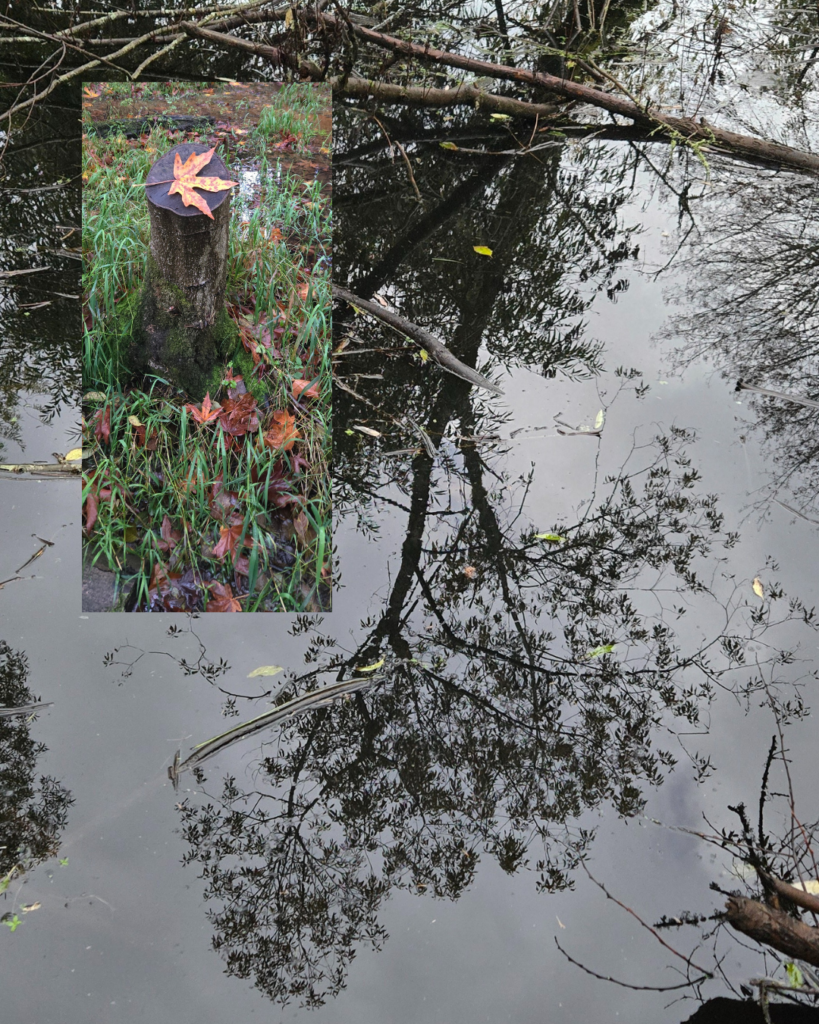
it is evident that we live in a world marked by growing catastrophe and suffering. we endure globally sanctioned state violence, rising personal violence against marginalized bodies, violence against the natural world, and countless other harms that we must continue to name. if we don’t begin to operate differently, suffering will not only multiply, but also escalate on even larger scales.
in an instagram post on September 25, 2024, american poet, essayist, and cultural critic Hanif Abdurraqib expresses his rage over the recent execution of Williams Marcellus #163729. he writes, “There is no different world that can be built when the language abused by the state is passively abused by the people.” this statement echoes Audre Lorde’s famous quote, “The Master’s tools will never dismantle the Master’s house.”
this insight is essential to my goals of creating workshops and a workbook based on Buddhist principles as taught by Vietnamese Zen Master Thich Nhat Hanh, a poet and peace activist known for his efforts to end the Vietnam War without taking sides. Leaving the security of the monastery to provide relief efforts to both sides in the conflict, ultimately being expelled from Vietnam due to the effectiveness of his work. i aim to develop creative practices that help people recognize how they may be passively accepting the status quo, envision mindful ways of engaging with the realities of the world we inhabit, and somatically reinforce these newly acquired skills
i envision offering both individual and series workshops, which could include a single two-hour session or consecutive workshops accompanied by a workbook. this workbook would guide participants through various prompts, practices, and art activities designed to inspire creativity and deepen both self and collective awareness. my goal is to create somatic experiences, not just cerebral ones. ideally, the workbook design would invite participants to write in it, encouraging playful and experimental physical and cognitive movement. it might include visual meditations and spaces to respond to breath awareness prompts and contemplations on nature. it could also contain sections for creating a personal altar on the page, reflecting on mindful walking, crafting a personal code of conduct
later in the post, Abdurraqib adds, “The foundations even the most imaginative revolutionaries are being asked to build upon cannot sustain even their imagination, let alone the process and practice of building. But I do know that reliance on binaries passed down from the state will not get any of us where we desperately and urgently need to be. I am not skeptical of that. Some things have to be left behind, I’m urging people to get comfortable with leaving some shit behind.”
Hanif Abdurraqib offers a meditative contemplation on our investment in binaries and the allure of ideas like “ innocence” or “goodness.” he argues that Marcellus should not have been executed—not because he falls on the innocent side of a guilty-innocent binary, as some have suggested, but because the world we aspire to live in is one where no human being is ever executed
despite a lifelong rejection of capitalist principles, there are still a multitude of ways in which i support/contribute to the very systems and structures i have spent a lifetime resisting. ways in which, as Abdurraqib points out, i have passively upheld the patriarchal capitalist machine by failing to carefully examining my own habits and habit energy
even as i strive to live an ethical and simple life, i am culpable for the suffering inflicted/enacted by the state—the missiles launched, those intercepted, and the broader system enabling such destruction while stoking conflict. acknowledging this, i continue working to untangle myself and help others to leave behind some aspect of their reliance on these systems
the whole system needs to be restructured—or perhaps dismantled entirely—and i don’t know how to make this happen other than by starting one person and one act at a time; after all, that is how most social change has begun
by definition, portage conveys the labor of carrying or transporting—typically overland, from one body of water to another, or around an obstacle. the obstacle and the effort to overcome the obstacle are interdependent as they exist simultaneously. portage embodies the work, creativity and intentional choice required to hold space for personal and collective complexity while guiding our communities towards new ways of feel/see/treat-ing each other. this involves leaving behind what has been traversed and reshaping how our senses perceive in order to create just and equitable futures for all.
as I acknowledge my own culpability in passively supporting harmful systems, i make space for the idea of both/and thinking which aligns with the idea of portage—as both a noun and a verb
in the spirit of portage, i am reminded of Martin Luther King Jr., who nominated Thich Nhat Hanh for the Nobel Peace Prize. in his Letter from Birmingham Jail, King wrote: “The question is not whether we will be extremists, but what kind of extremists we will be … the nation is in dire need of creative extremists.”
reflecting further on portage, i consider my physical location here in Seattle, near the Salish Sea and Portage Bay. this land has been cared for by the Suquamish and Duwamish peoples for generations, inviting me to honor the land and water ancestors and to learn how they continue to care for the environment. Thich Nhat Hanh’s interpretation of the Buddha’s teachings popularized the concept of “interbeing,” which conveys the interrelated nature of all that exists. what may seem like a radical idea to some—that no single item, creature, or being is completely independent or separate from its roots or environment—underscores how personal and societal changes are linked. Thich Nhat Hanh invites us to smile at the clouds in our tea, to walk mindfully on the earth, to savor our inbreath and our outbreath
through the imaginative effort of portage, we access embodied zones of clear seeing where we recognize the ways we passively accept harmful structures. by applying intentional effort within community, creative moment-making frees us to choose differently, crafting a porta(l)age—a portal as passage—towards building a more compassionate world
this may seem grandiose or like magical thinking, but i speak from both experience and am supported by research: the ability to be mindful in the mundane supports being mindful and flexible in challenging situations which in turn, increases the likelihood of outcomes beyond binaries. change is obviously not easy or comfortable; change can disrupt the status quo and can challenge our sense of well being, while simultaneously creating opportunities for a better world
as Hanif Abdurraqib writes, we must be willing to let some things go to make space for new possibilities to be born. is there room for the old ways to co-exist with the new? who can say? i am simply suggesting that portage involves the effort of moving away from where we have been in order to be transported to some new place
i am convinced that a broader application and greater accessibility of Buddhist principles can positively impact individuals, communities, and ultimately, the world. while the workshops and workbook will draw on Buddhist principles, my approach is secular and aims to be inclusive. If we seek to build a different world, we need a variety of tools accessible to everyone. we need new ways of carrying each other over the difficult terrain of being human. we need opportunities to engage with everyday actions–breathing, walking, drinking tea—with fresh eyes so that we can open a portal through which everyone can breathe, walk, and drink tea in peace and harmony.
what are you willing to leave behind?
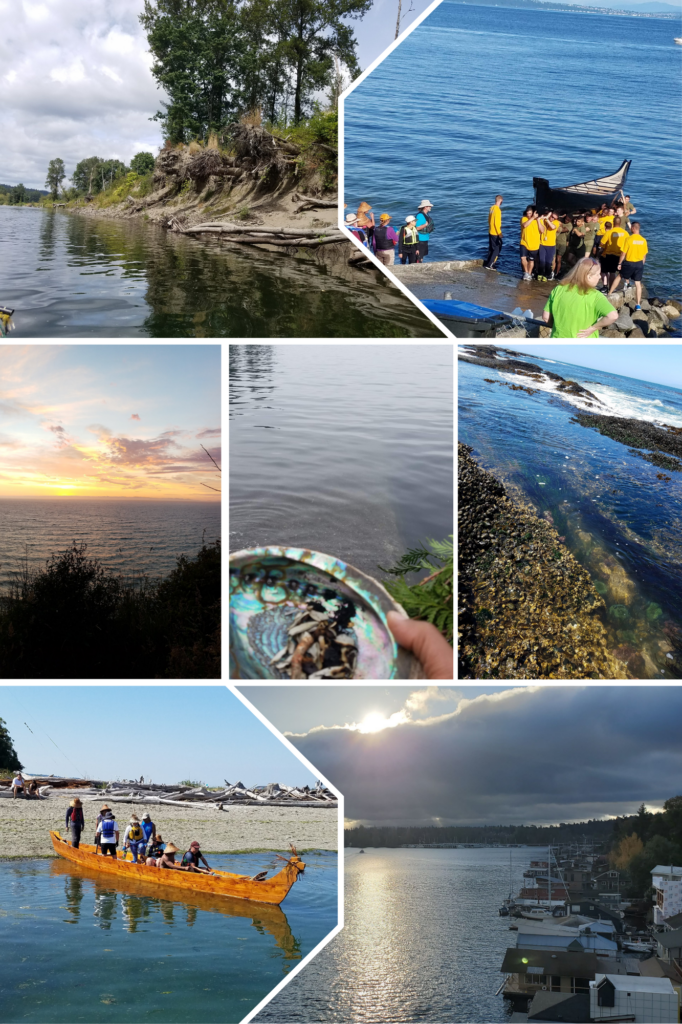
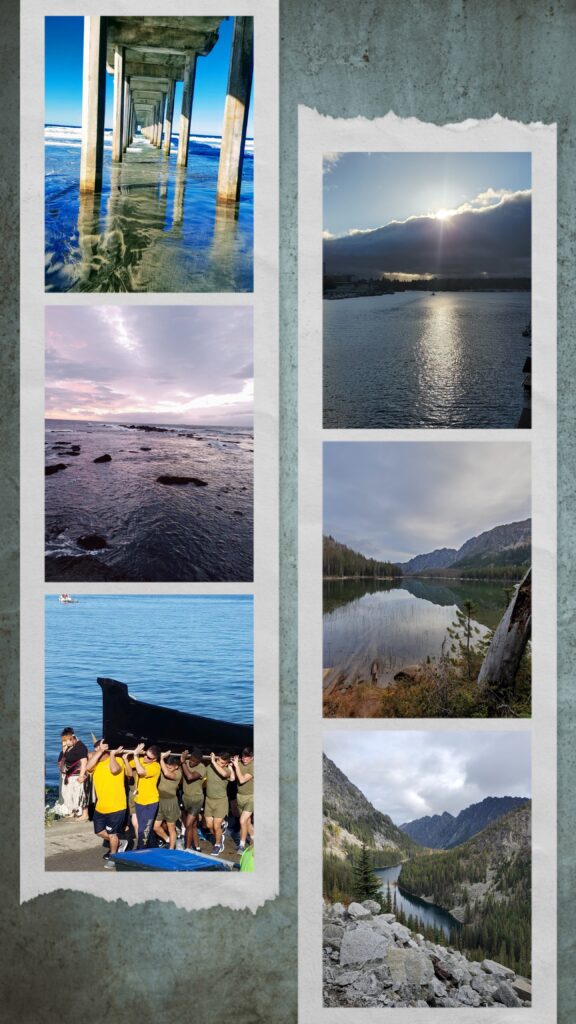
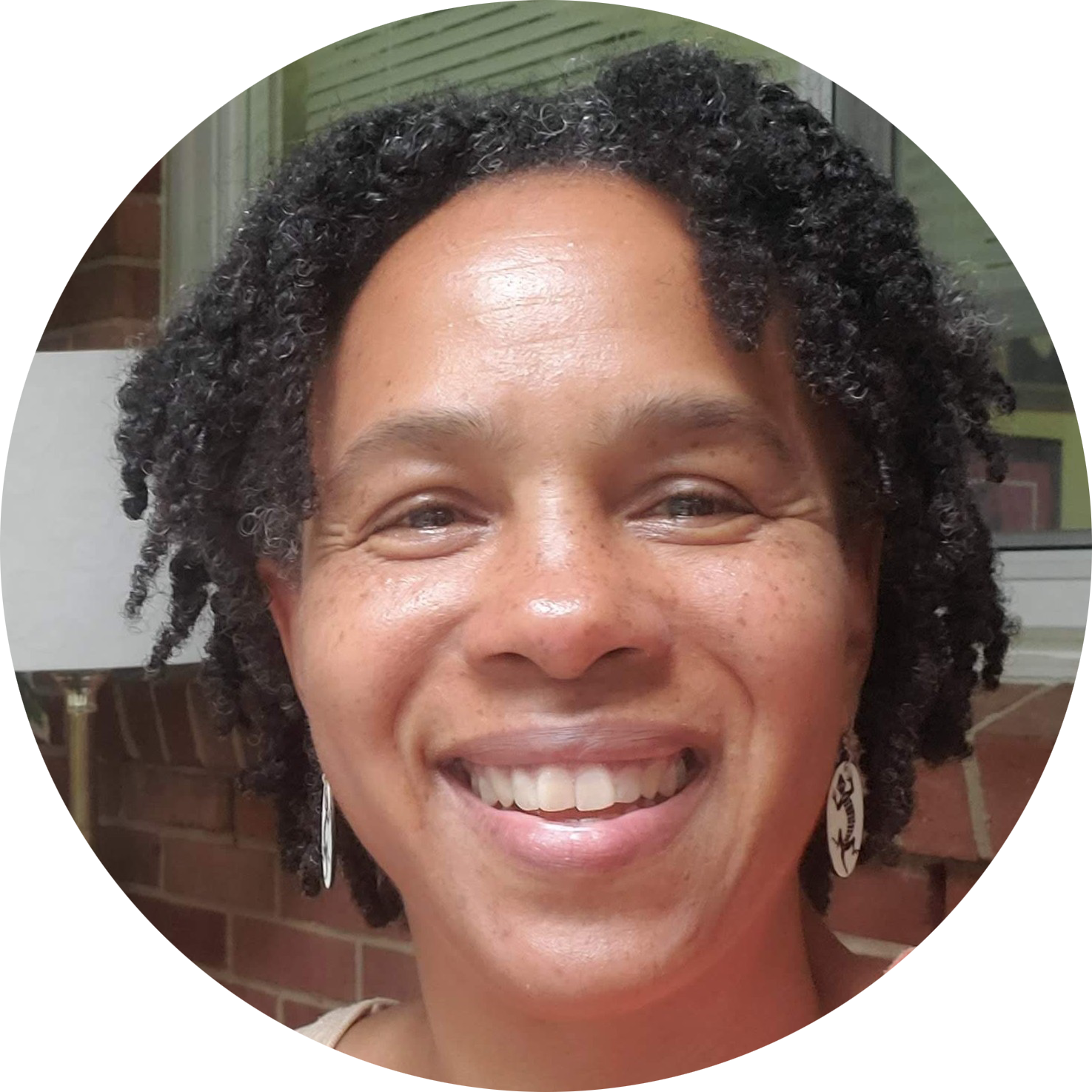
Geneviève Hicks, she/her, has been a physical therapist since 1992. She pays homage to her blood, land and spiritual ancestors. In 2021, she was ordained in the lineage of the Buddhist Zen Master Thich Nhat Hanh. Currently, she is conjuring word potions in the MFA program in Creative Writing & Poetics at the University of Washington Bothell. She contributed four articles to Northwest Dharma News from 2017 to 2020. She wrote and recorded guided meditations for the Seattle Art Museum’s 2020 City of Tomorrow’s Ginny Wright Exhibit and co-created “Formulas for Fair Futures” with E.T. Russian, presented by the Seattle Department of Neighborhoods. She also contributed to “Breathing in a Time of Disaster” by Ching-In Chen and Cassie Mira. Geneviève has organized workshops, taught meditation, yoga and held affinity spaces for Black, Indigenous, and People of Color. During the summer, she often sleeps high up in a tent without its fly.
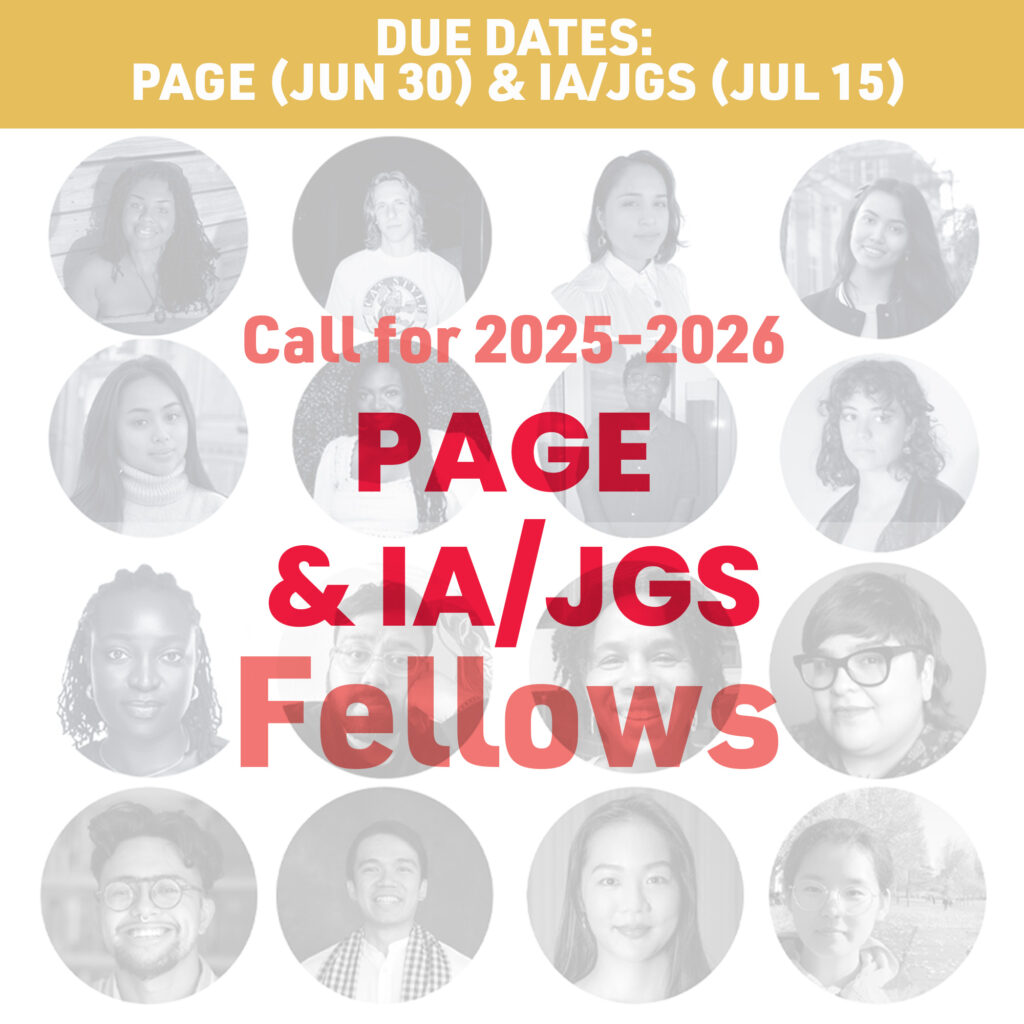
Leave a Reply